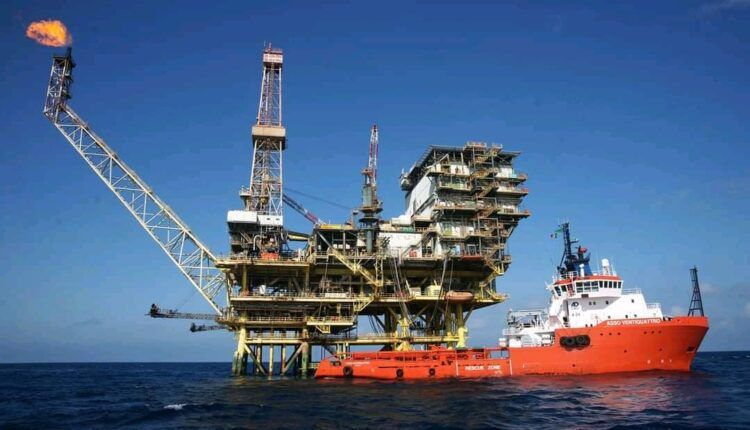UK gets Libya’s oil, 11 years after toppling Gaddafi
British oil giants BP and Shell are returning to the oil-rich north African country just over a decade after the UK plunged it into chaos in its 2011 military intervention, which the British government never admitted was a war for oil.
British officials have long sought to profit from oil in Libya, which contains 48 billion barrels of reserves – the largest oil resources in Africa, accounting for 3% of the world total.
BP is one of the few foreign oil and gas companies with exploration and production licenses in Libya. Its assets there were nationalized by Muammar Gaddafi soon after he seized power in a 1969 coup that challenged the entire British position in the country and region.
After years of tensions between the two countries, prime minister Tony Blair met Gaddafi in 2004 and agreed the so-called ‘Deal in the Desert’ which included a $900m exploration and production agreement between BP and Libya’s NOC.
BP re-entered the country in 2007 but its operations were scuppered by the war of 2011 when British, French and US forces with the support of Qatar and Islamic militants overthrew Gaddafi.
Terrorism and civil war subsequently engulfed the country and oil company operations were put on hold.
The restart of BP’s operations follows the signing in 2018 of a memorandum of understanding with the NOC and Eni, the Italian oil major, to resume exploration, with Eni acting as the operator of the oil fields. BP chief executive Bob Dudley hailed the deal as an important step “towards returning to our work in Libya”.
The BP-ENI project, an $8bn investment, involves two exploration areas in the onshore Ghadames basin and one in the offshore Sirte basin, covering a total area of around 54,000 km2. The Sirte basin concession alone covers an area larger than the size of Belgium.
The UK’s other oil major, Shell, is also “preparing to return as a major player” in Libya, the company has stated in a confidential document. After putting its Libyan operations on hold in 2012, the corporation is now planning to explore for new oil and gas fields in several blocks.
A third British company, Petrofac – which provides engineering services to oil operations – secured a $100m contract in September last year to help develop an oil field known as Erawin in Libya’s deep southwest.
Petrofac was at the time under investigation for bribery by the UK’s Serious Fraud Office (SFO).
One of its executives, global head of sales David Lufkin, had already pleaded guilty in 2019 to 11 counts of bribery.
Frank Baker, then the ambassador to Libya, wrote in 2018 that the UK was “helping to create a more permissible environment for trade and investment, and to uncover opportunities for British expertise to help Libya’s reconstruction”.
Since then, new ambassador Hurndall has held meetings with Libya’s oil minister, Mohammed Aoun, to discuss the return of UK oil companies to Libya, and the NOC has set up a hub in London, its only one outside Libya and the US.
The NOC’s London unit, launched in early 2021, is poised to “award consultancy and asset management contracts worth hundreds of millions of pounds over the next several years to British companies”, the Times reported.
The UK is combining its interest in accessing Libya’s oil with increasing military involvement. The 2011 war did not stop the UK pursuing its oil interests. During the early months of the uprising against Gaddafi, British oil trading company Vitol provided rebels with refined petrol in exchange for future delivery of crude oil, thus sustaining their military activities.
Once again, UK oil interests look set to be accompanied by a resurgence in the British military presence in Libya. In September this year the UK’s senior military official in the Middle East, Air Marshal Martin Sampson, discussed military training programmes with Libyan prime minister Abdul Hamid Dbeibah.
The meeting followed the docking in Tripoli of UK Royal Navy warship HMS Albion, for the first time in eight years. Around a hundred Libyan and foreign dignitaries were hosted aboard Albion, including “senior Libyan political, military, and civil society figures”, the Royal Navy said.
Adapted from DeclassifiedUK









